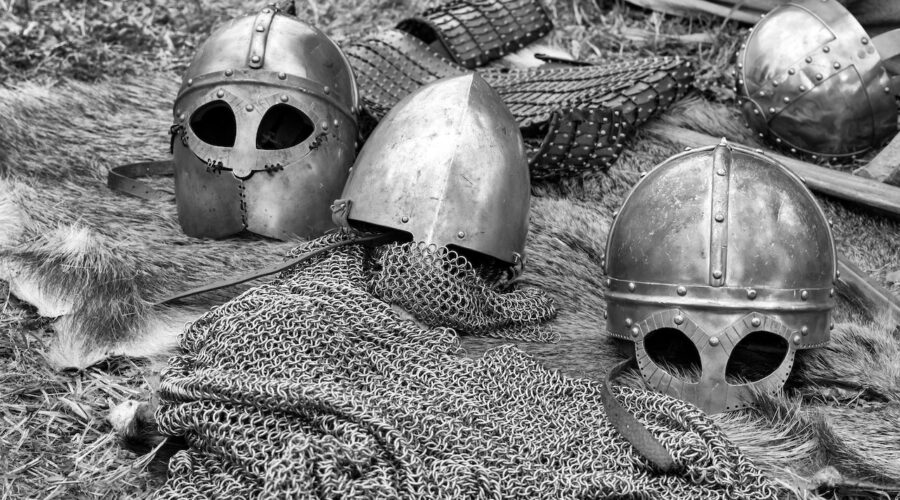The construction of historical narratives and the pedagogic authority they hold has been vital in cultivating a sense of legitimacy with those engaged in violent practices in a geo-political conflict. In fact, these narratives are part of violence itself. Although media and education systems usually hold a significant grip on the dissemination of the teaching and learning of history, displaced and diasporic families have offered important resistance to otherwise dominant versions of history. History becomes the defining factor of national consciousness and therefore legitimacy for that nation state to dominate, kill, plunder and extract.
I believe it important to note that both the dominant imperialist and colonialist nations dominated the education systems where they ruled. The significance of this cannot be understated. Imperialists and colonisers quite clearly wanted more than land and natural resources; they want hegemony. In Ireland, the Irish language was almost completely eradicated by mandatory English-speaking schools. The attempt to integrate colonised peoples into a British identity was not only about dominance but control. In fact, jailed Irish republicans used Irish to communicate covertly. Knowledge of one’s own national history and culture has long been a weapon of the oppressed.
Similarly, history is weaponised in the study of archaeology in Palestine. The discipline has been used as a tool to legitimate colonisation through a history explicitly based on ethnonationalism. The enmeshing of religious history from thousands of years ago with a modern-day nation state’s claim to land is a perfect example of Benedict Anderson’s argument that nationalism is an “imitation of simultaneity across homogenous, empty time”. This claim, however, is overshadowed by the history of the Palestinians who have been dispossessed of their land and of which they have emotional and practical ties to within living memory. These personal histories will be passed down orally through families and will be the spark for resistance to the colonisation process for generations to come.
History can seem like a dry academic investigation of a static past; however, the stage is set for the morality play of history in the mainstream media often. Britain seems to be obsessed with an overly simplistic version its history. When representations are narrow and limited to mostly excavations of world war two, a rare occasion in which Britain made a positive impact through contributing to the defeat of German fascism, it is easy to see how the identity of ‘Britons’ on the world stage can appear as a trans historic moral force to some. This is important to understand how people in the army understand their role as a historical agent and can believe they are doing their duty to a higher moral power, their civic religion: nationalism. It is for this reason that people can participate in imperialist wars such as the invasion of Iraq and keep a personal sense of morality and justice.
Although a new generation is questioning the authority of these narratives. This nationalism is outdated for a country that is home to people from previous colonies of Britain. Eric Williams argues that “the British historians wrote almost as if Britain had introduced Negro slavery for the satisfaction of abolishing it”. In fact, the cultural homogeneity that supports history as national morality play is swiftly broken by the curiosity, doubt and challenge of a new generation. The petition to teach the empirical truth of colonialism has garnered massive support and shows that a new generation will attempt at establishing their own history. The question that lingers is: will this be based on a new kind nationalism?
